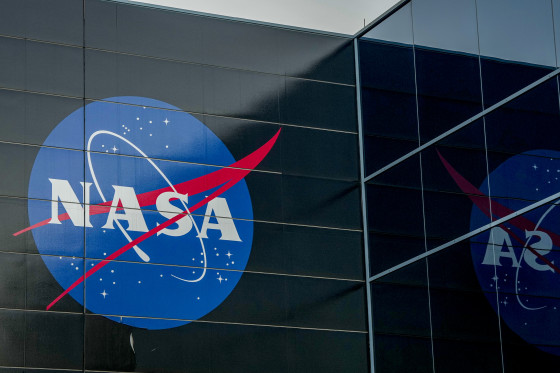The Future of Rocket Technology: Challenges and Opportunities in Space Exploration

Space exploration has always captured human imagination, with the rocket sitting at the heart of every major mission beyond our planet. From launching satellites to sending astronauts to the moon, rocket technology drives our journey into the cosmos. However, 2025 has become a pivotal year for the future of rockets, with significant developments and debates shaping how we reach for the stars.
Recent Shifts in Rocket Programs and NASA
The United States government recently proposed a sweeping reduction to NASA’s budget, particularly targeting its space science and mission support programs. Plans include phasing out the powerful Space Launch System (SLS) rocket and the Orion spacecraft, both key elements of the Artemis Moon program. If these cuts proceed, only two more flights may be conducted before these flagship vehicles retire (NBC News).
These changes mark a dramatic shift from previous decades, when rockets like the Saturn V became symbols of American innovation and ambition. The SLS rocket was meant to surpass its legendary predecessor and open a new chapter in lunar and planetary exploration; now, its future hangs in the balance.
The Role of Private Rocket Companies
As NASA’s in-house rocket development faces budget constraints, private enterprises are gaining importance. Companies like SpaceX, Blue Origin, and United Launch Alliance are positioned to fill the gap, continuing to build and launch rockets for commercial and governmental missions. The competition among these private rocket-makers is expected to drive down costs and foster new advancements. For updates on these industry shifts, stories from major publications like The New York Times provide valuable context.
Public Response and Advocacy for Rocket Science
The proposed reductions have generated strong reactions among scientists, engineers, and advocacy groups. Organizations like The Planetary Society have condemned the historic 24% cut to NASA’s funding, warning it would undercut America’s leadership in space science and rocket research. They have called on Congress to restore full funding, emphasizing the importance of continued investment in rocketry for both exploration and technological leadership (The Planetary Society).
What’s Next for Rockets and Space Exploration?
Despite the headwinds, innovation in rocket technology shows no signs of stopping. Advances in reusable rockets, more efficient propulsion, and novel materials are making space more accessible than ever. New partnerships between government agencies and private companies are likely to play a major role in the next era of exploration.
In summary, the world of rockets is undergoing rapid change—shaped by shifting policies, public advocacy, and technological breakthroughs. Staying informed on these changes helps us all understand the next steps as humanity reaches for the moon, Mars, and beyond.
Get Involved in the Conversation
Whether you are a space enthusiast, a student, or a professional engineer, you can follow and contribute to the unfolding story of rocket technology. Visit advocacy sites to stay updated and consider adding your voice to the debate for continued investment in our journey to space.